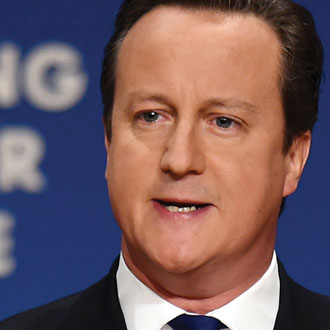Government pledges could require patient charges, financial experts say

The Government may have to introduce GP appointment charges unless it comes up with another plan to fund its seven-day access pledge, an influential accountancy institute has said.
The Chartered Institute of Public Finance (Cipfa)’s detailed financial analysis of the NHS five-year plan and Government pledges concluded the Government has just three options: charge patients to see a doctor; reduce services; or increase funding by significantly more than the £8bn pledged.
NHS England has claimed its Five Year Forward View’s plans to switch to new models of care – including GPs working at scale and with hospital trusts – could save a required £22bn by 2020.
But Cipfa’s analysis found that it had failed to take into account the Prime Minister’s plan for evening and weekend GP appointments, same-day appointments for over-75s or increasing pressure on health services stemming from social care and benefits being cut.
The report also said the ‘unproven’ experimentation with different models of care ‘carry a big risk of delay or underachievement’.
This means the Government may have to consider ‘charging for “hotel costs” in health’ or ‘flat rate contributions towards visits to the doctor or A&E; paying a proportion of treatment costs (as in France); or insurance approaches’.
The economists concluded: ‘As things stand, the Government is left with three choices: charge patients to use some services such as a flat rate contributory fee to see the doctor, reduce services, or increase funding.’
Cipfa chief executive Rob Whiteman said: ‘The NHS is presently beset by a Five Year Forward View and resource assumptions that will not add up.’
It comes as GP leaders have pleaded with the Government to focus on solving the problem of an over-worked and under-staffed GP service five days a week rather than stretching it across seven.
Pulse July survey
Take our July 2025 survey to potentially win £1.000 worth of tokens












